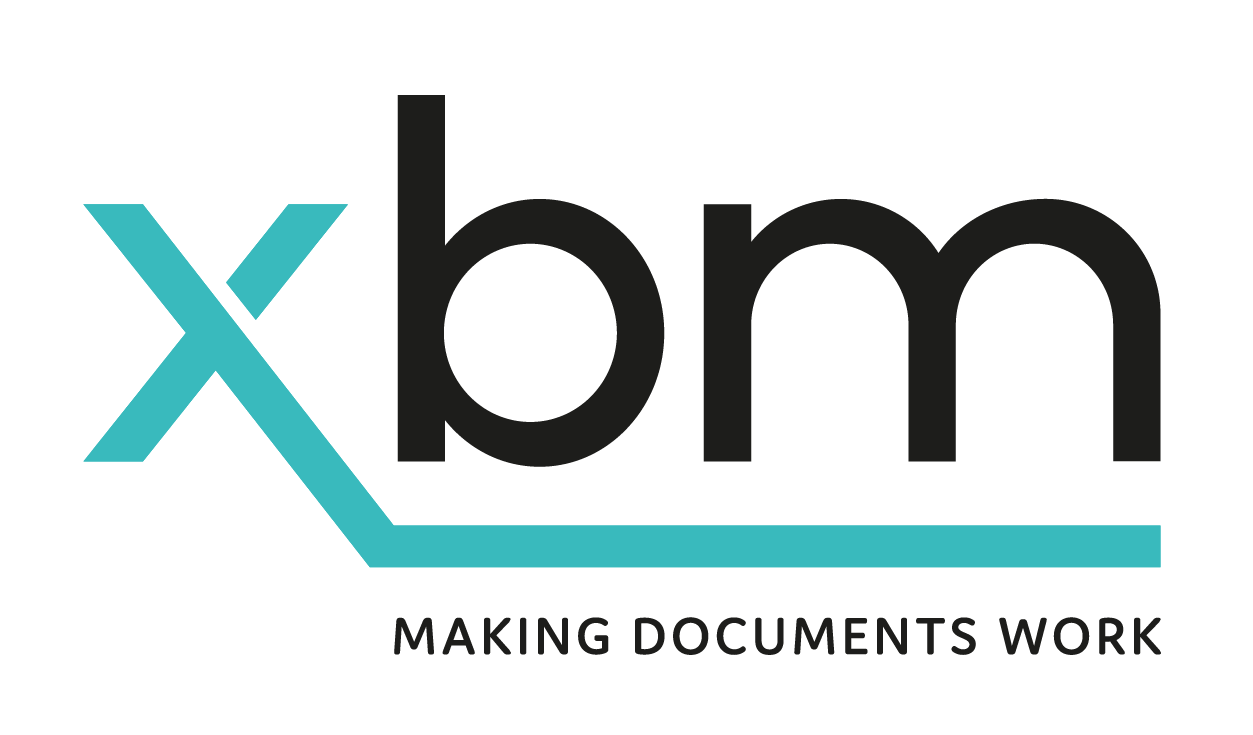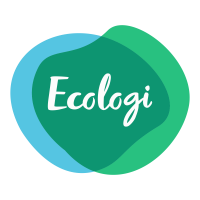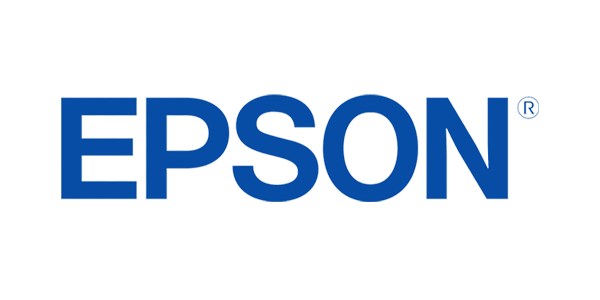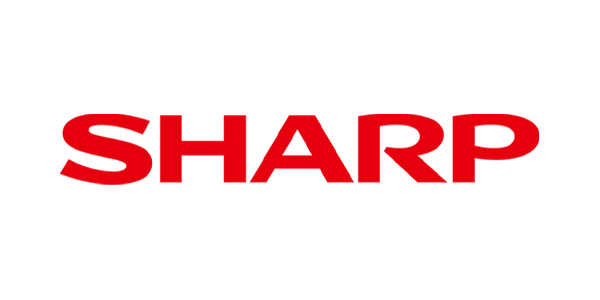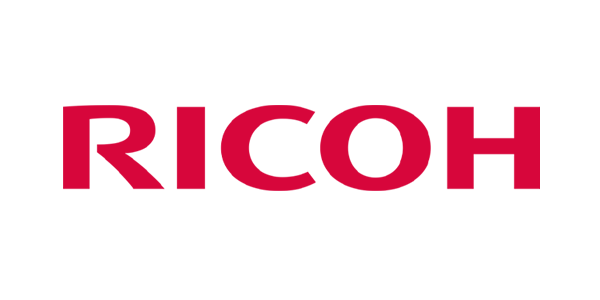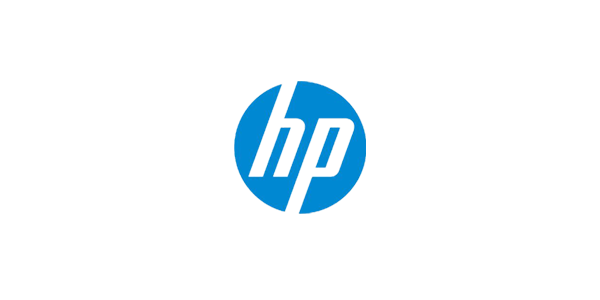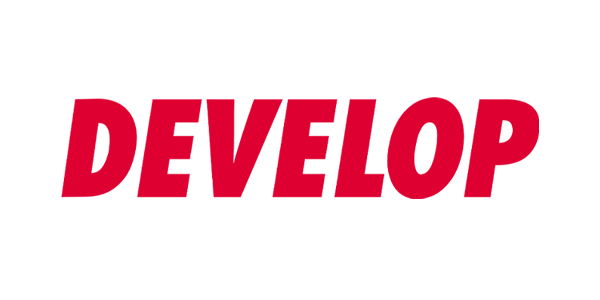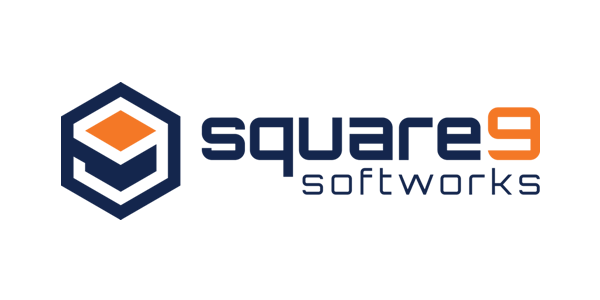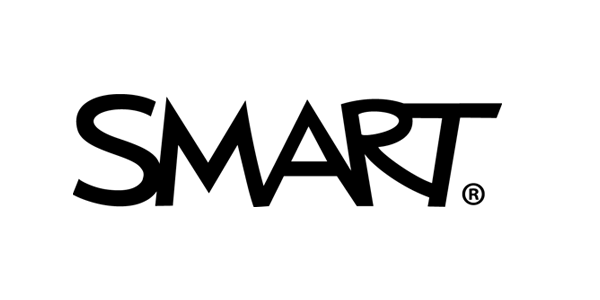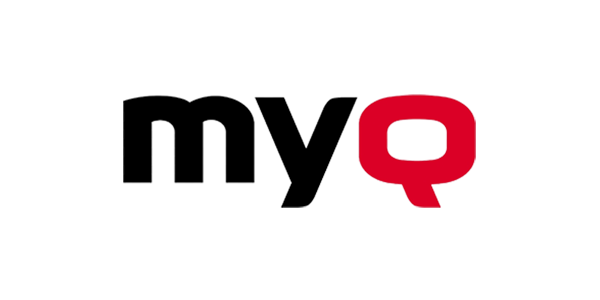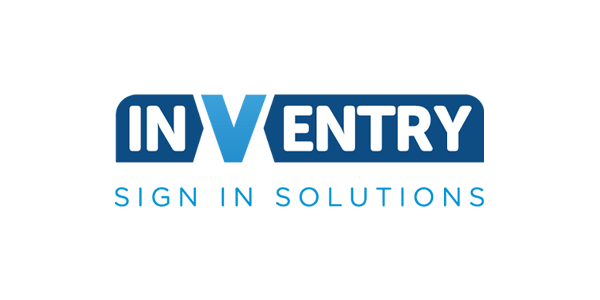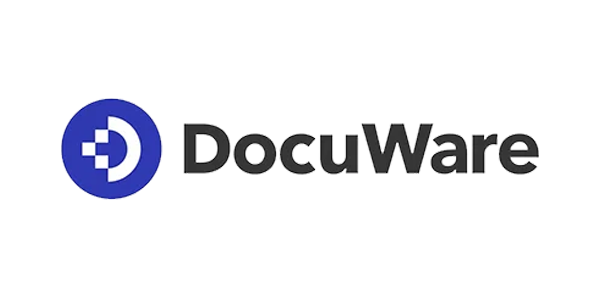
Sustainability
Find out more about XBMXBM are commited to upholding the highest standards on the environment, labour and human rights, ethics, and sustainable procurement.
At a time when there are multiple challenges for businesses and society as a whole, XBM recognises that rather than continuing with practices that have negative impacts for our planet, our customers, our employees, and our wider communities, we and our suppliers can be a part of the solution.
Our Planet
XBM seeks to address the challenge of climate change by providing customers with products and solutions designed to reduce CO2 and other greenhouse gas emissions.
Our Customers
We seek to put the customer at the forefront of everything we do, providing products and solutions that reduce carbon footprints and costs whilst improving productivity.
Our People
Our people are our greatest asset and investing in their skills and work environment generates a happier workforce and a better customer experience.
Our Communities
XBM sponsors grass roots sports, local groups, and charities to bring underrepresented groups to the centre of our thoughts and practice.
ISO 14001 – Environmental Management System
Part of our own journey was doing the internal examination associated with attaining the ISO 14001 certification. ISO 14001 maps out a framework that a company or organization can follow to set up an effective environmental management system. Attaining this standard was viewed as essential to providing assurance to XBM management, employees, and external stakeholders that our environmental impact is being measured and a path to improved performance has been set.
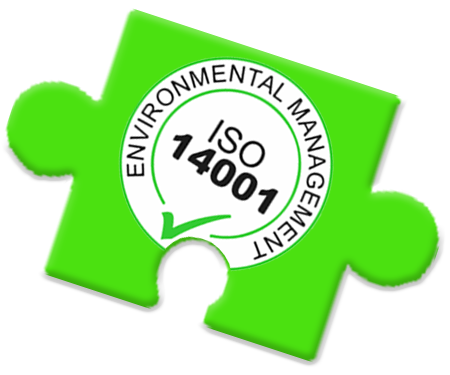
What is Sustainability?
Definitions of sustainability vary widely depending on who you are talking to, their own priorities, and possibly even the vested interests they might be influenced by. Speaking in general terms, sustainability is a societal goal that broadly aims for humans to safely co-exist with each other, other species, and our environment on planet Earth over a long period of time.
There is unequivocal evidence that the planet is warming at an unprecedented rate and that human activity is the principal cause of the excess emissions that trap the heat leading to changes in our climate that are already making life for humans and other species increasingly difficult. We are also using up the planet’s natural resources in a way that is unsustainable in the long term.
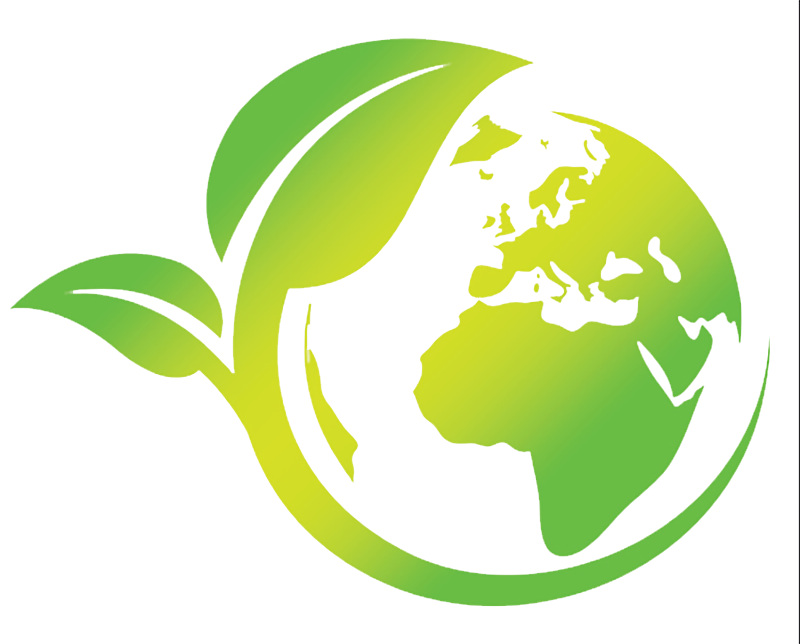
Sustainability presumes that these resources are finite, and should be used conservatively and wisely with a view to long-term priorities and consequences of the ways in which resources are used. In simplest terms, sustainability is about the world we leave for our children and our grandchildren.
As XBM has grown, so too has our belief that we need to play our part, whether it is in local issues, social inclusion, or in relation to the environment. Social inclusion has led us to sponsor women’s sport – the Wakefield Trinity Ladies Ruby League team, grass roots sport – the Osset Albion under 8s Football Team, and local issues – such as the Wakefield Trinity Community Foundation’s “Under The Stars” event in aid of the local homeless people and the wider work of the foundation.
We have also come to realise that the challenges posed by climate change and the drive for sustainability are seen by many as a financial problem, with the costs of moving to more sustainable production and business models seen as a burden for business. However that does not have to be the case.
Ecologi
XBM works with Ecologi, an organisation which aims to make it easy for individuals, businesses, and organisations to actively make a difference. According to Ecologi, there are enough climate solutions out there right now that, if we supported them, could undo 30 years of carbon damage by avoiding 1,500 billion tonnes of CO2.
So far, Ecologi has planted over 70 million trees. Click the Ecologi icon to see the many projects they support around the globe.
Carbon Offsetting Projects
Ecologi works through a number of projects, including planting forest gardens in Tanzania, planting trees and supporting water security in Kenya, generating renewable solar electricity in Egypt, and supporting the first ever wind power project in Honduras.
XBM Plants Trees
Planting trees is an established action we can take right now, and XBM, as Epson’s largest UK reseller, plants 165 trees, through Ecologi’s programme, for each Epson solution we install.
This helps mitigate our own carbon footprint, whether that is the use of energy in our offices, the use of our delivery and service vehicles, or the installation of devices in customer sites around the UK.
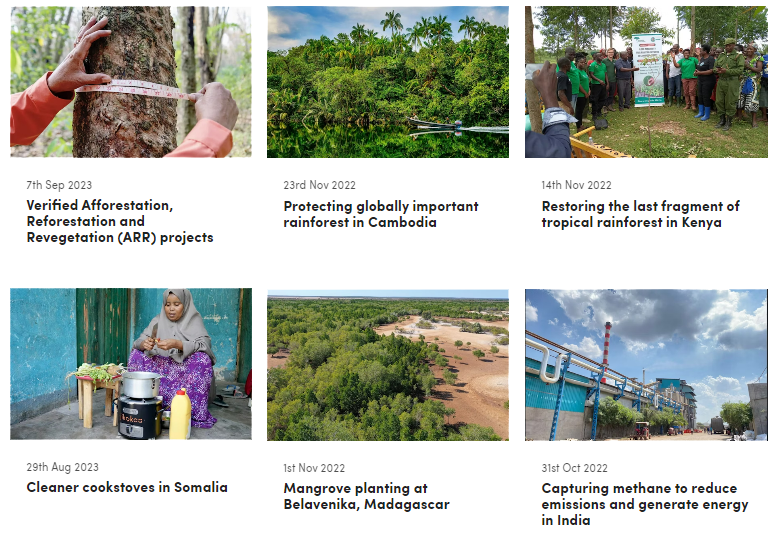
Working Towards a Circular Economy
What is a Circular Economy?
The concept of a circular economy is a systems solution framework that tackles global challenges like climate change, biodiversity loss, waste, and pollution.
Through recycling and reuse, new products can be made from existing materials and natural resources conserved, better still, left where they are.
Our own EcoTec and recycling programmes reduce our impact on the environment, but are part of the start of our own journey. To move further into a circular economy we have sought to work with like minded suppliers and manufacturers.
Many of our suppliers are already working towards a circular economy, using recycled metals and plastics in their devices, as well as moving their energy use from carbon based sources to renewables.
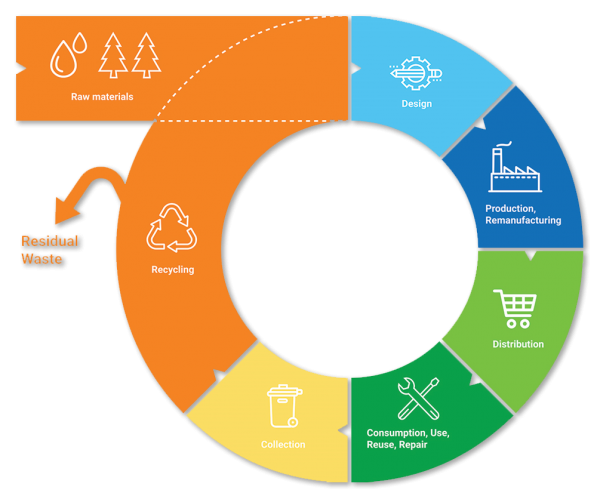
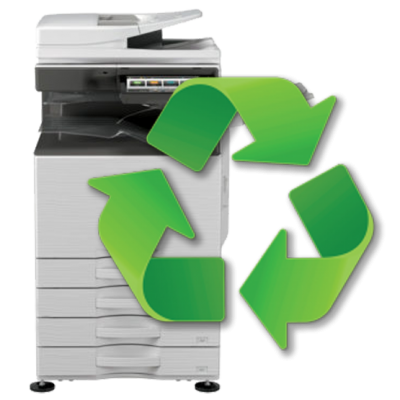
XBM EcoTec: Refurbish & Recycle
XBM is also working towards a circular economy by professionally refurbishing suitable multifunction and single function printers and end-of-life recycling.
Refurbish
XBM’s EcoTec refurbished printers and photocopiers ensure that devices with years of productive life still remaining are professionally assessed and restored to a high standard, ensuring the materials used in their construction do not end up in landfill.
Recycle
When devices do reach the end of their useful life, they are sent for recycling and the various waste certificates obtained in line with current regulations. Recycling the materials used in devices is increasingly important as resources become rarer and the cost to the environment of continually mining for more has become so damaging.
XBM’s Partners Working Towards A More Sustainable Future
XBM has sought out partners that share our values and are already designing and manufacturing more sustainable technologies and solutions that can not only reduce the CO2 emissions and other greenhouse gas emissions, but also increase productivity and reduce operating costs.
Each of XBM’s print manufacturing partners has committed themselves to the United Nations Sustainable Development Goals and taken action to implement them within their supply chains, design, and operation.
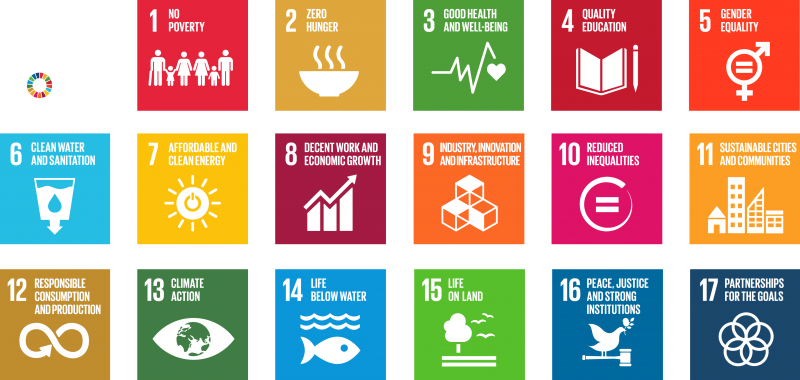

XBM Awarded Epson Diamond Partner
Epson awarded XBM their top partnership award, Diamond Partner, one of only two in the UK. The level at which a partner participates is based on a comprehensive set of criteria including product focus, expertise, sales, and the level of support we provide for our customers.
XBM is Epson’s Number 1 UK reseller and have been awarded Epson’s “Reseller of the Year 2022”, “Best Service Reseller 2022”, and “Reseller of the Year 2023”, further demonstrating the XBM’s commitment to providing sustainable print technology.

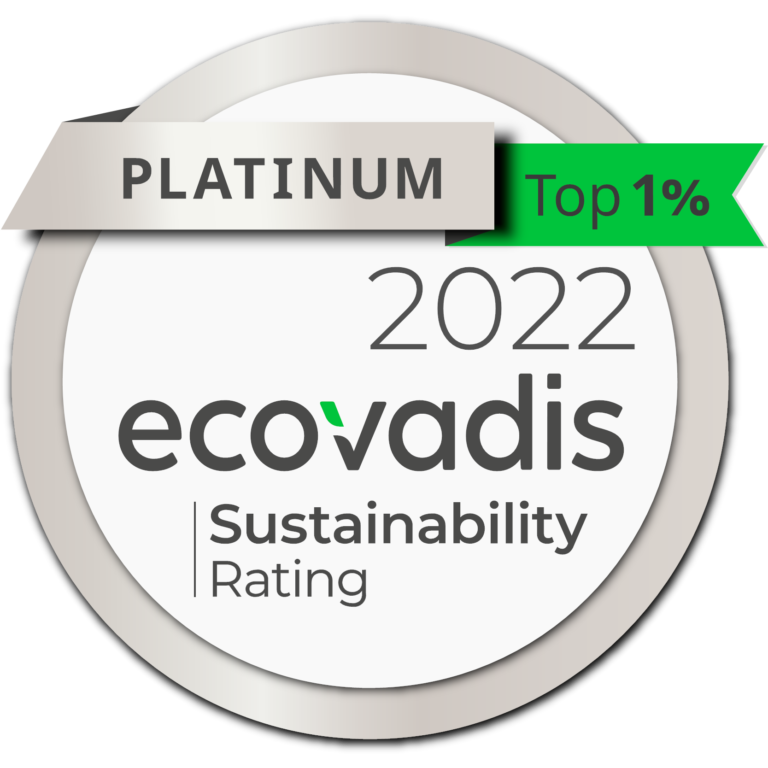
EcoVadis Platinum Award Ranks Epson in Top 1%
EcoVadis awarded Epson their coveted Platinum award for the third year running. The platinum rating was awarded in recognition of Epson’s global sustainability initiatives. In the four themes assessed by EcoVadis, Epson received high scores for the environment, sustainable procurement, labour and human rights, and ethics, putting it in the top 1% of companies in the industry
Epson HEAT-FREE Print Technology
Businesses all over the world are accelerating their sustainability plans by choosing low-energy technology, working towards decarbonisation, and seeking out solutions that boost efficiency.
With 77% of organisations accelerating their sustainability plans – rising to 88% among SMEs – it makes good business sense to get ahead of regulations and make incremental, scalable changes that elevate your performance.
Epson’s HEAT-FREE Business Inkjet Technology provides users with substantial advantages in terms of reduced electricity costs and associated greenhouse gas emissions, reduced generation of consumables waste, increased productivity, with far less manual intervention required.
As there is no waiting time for a drum to heat up, Epson’s WorkForce printers and MFPs print up to 50% faster compared to a comparable laser printer.
Lower Consumable Waste
Epson RIPS ink cartridges provide a higher yield, resulting in less than half the ink related consumable replacement volumes over a contract term in comparison to laser technology. Neither do Epson’s Business Inkjet printers require drums/fusers, reducing the number of replacement items, packaging, and storage.
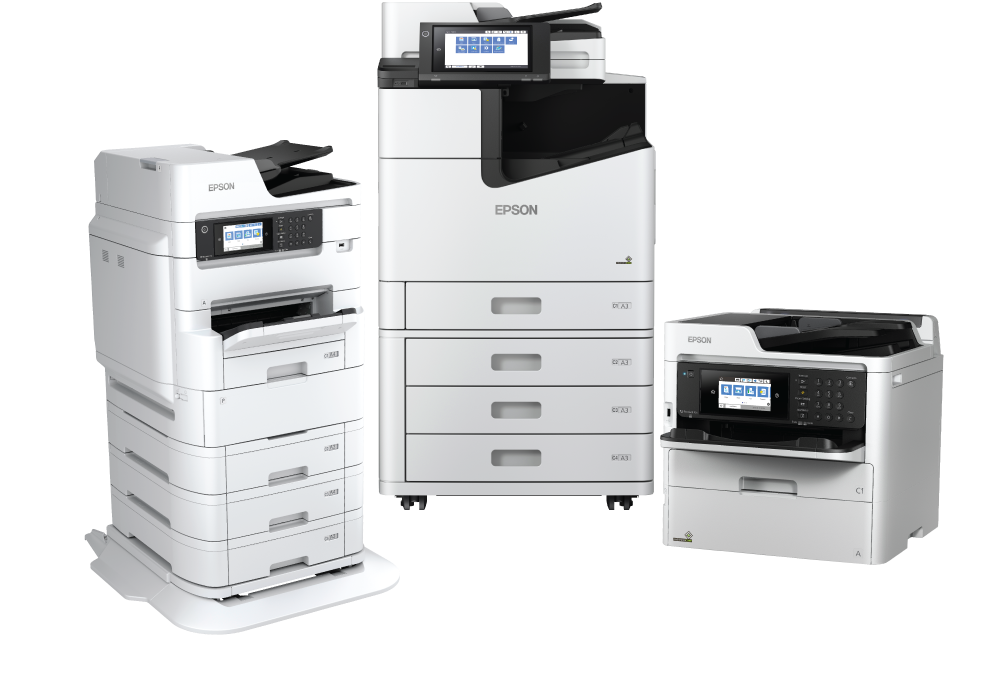
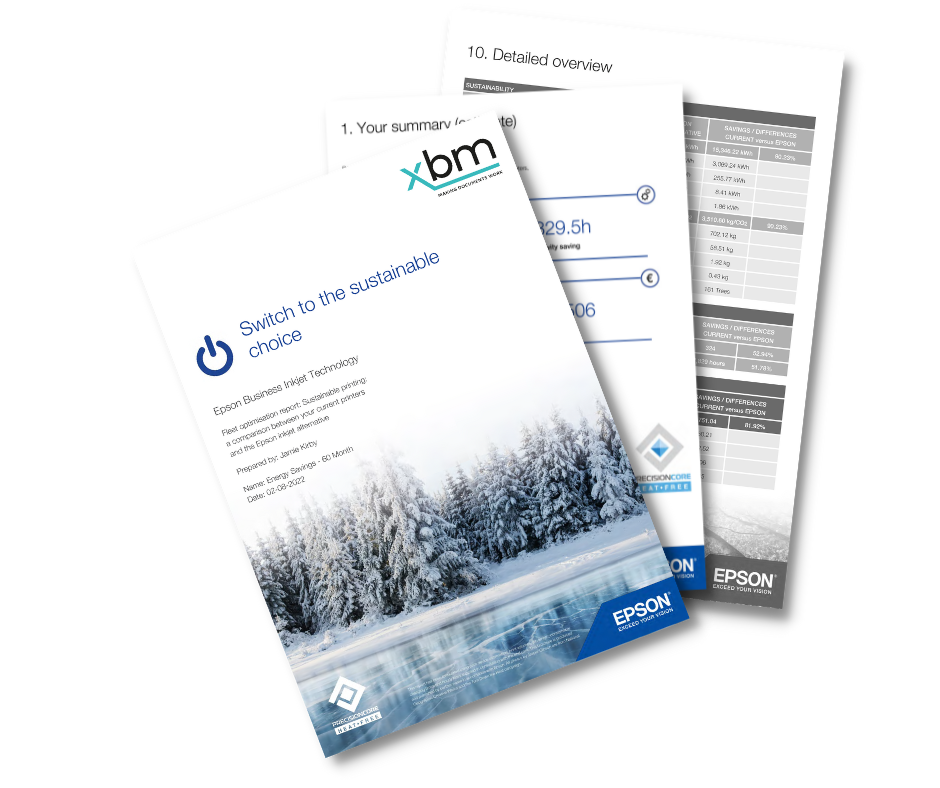
Lower Electricity Consumption Saves Money too
A desktop laser device consumes over a kilowatt (1,000 watts) when heating the fuser before starting to print, whereas an Epson device will use less than 30 watts.
As Epson devices do not require a warm up routine before they start printing, when assessed alongside a comparable laser device, they will also:
- Use up to 83% less electricity, reducing your electricity bills
- Produce up to 96% less consumable waste
- Have near zero Ozone emissions
- Have lower CO2 emissions
- Start printing sooner
- Are up to 50% faster
- Provide increased productivity
Request Your Free Sustainability Report
Request a print optimisation & sustainability report that comapres your current printer fleet to an optimised solution and see how much you could save!

XBM is a Ricoh Gold Partner
XBM has a long standing relationship with Ricoh, who have awarded XBM Gold Partner status. Gold Partner Certification is awarded to dealerships with both advanced levels of technical competence and highly effective service processes in place to manage the installation and maintenance of Ricoh hardware solutions. Ricoh currently lead the laser market in sustainable print solutions, something that XBM values highly.
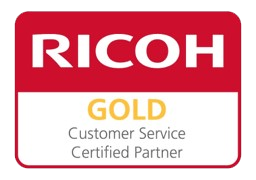
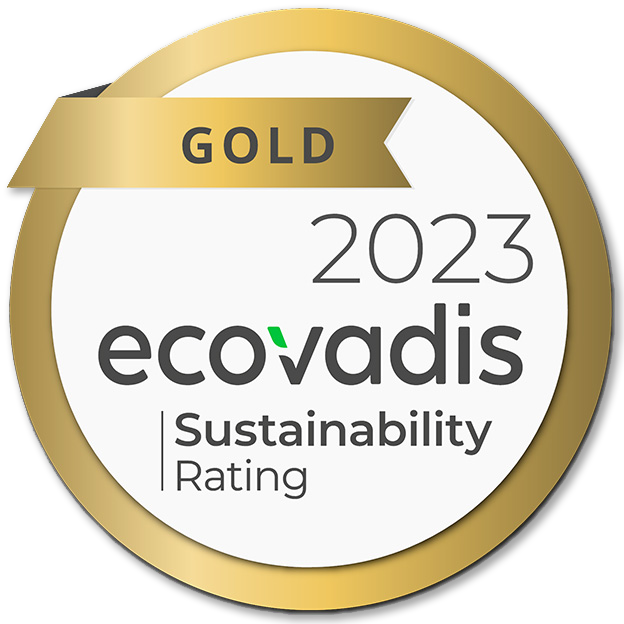
Ricoh awarded Gold rating by EcoVadis for its sustainability practices
Ricoh Company, Ltd. has again been awarded a Gold rating in the sustainability assessment conducted by EcoVadis. Ricoh received its first EcoVadis Gold award for sustainability in 2015. This recognition places Ricoh amongst the top 5% of companies assessed in its industry in the context of sustainability performance.
EcoVadis is the world’s most trusted provider of business sustainability ratings focused on corporate Environmental, Social, and Governance (ESG) practices, working to help companies improve their practices through their global supply chains.
Ricoh continues to contribute towards supporting the United Nation’s Sustainable Development Goals (SDGs) by solving social issues across the business value chain through and working to realize a sustainable society.
New A3 multifunction printers made from 50% post-consumer recycled materials
Ricoh is helping customers achieve their sustainability goals with the introduction of the new IM C range of A3 colour multifunction printers (MFP). Made from at least 50% post-consumer recycled materials – ten times better than the previous model – this new range of all-in-one office devices is Ricoh’s most sustainable to date.
The upgrades also include a 45% reduction in panel power usage, enhanced image quality, an updated processor which will double the speed of production and a 50% reduction in plastic packaging, resulting in nearly a 20% reduction in carbon footprint across the lifetime of the machine.
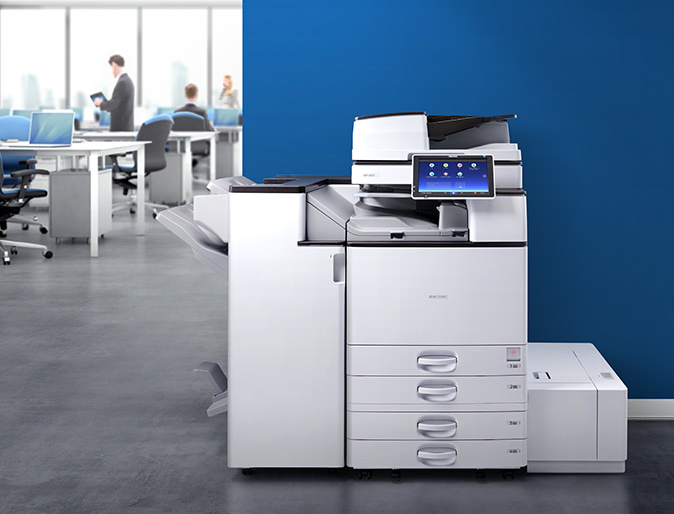
The new upgrades bring a host of additional benefits to users, including increased performance and security along with a reduction in energy usage, making them more cost-effective as well as more sustainable to operate. All upgrades ensure the new MFPs can facilitate workflow automation and document management integration, helping Ricoh customers on their journey to digital workspace transformation.
Resource conservation
Ricoh’s sustainability offerings feature Reduce, Re-use, Recycle products and services that are a pefect fit with the circular economy requirements.
End of life management – The Ricoh Resource Smart Return programme facilitates the easy return of end of life products and used consumables.
Smaller, lighter parts – Many of Ricoh’s latest MFPs are over 65% lighter and smaller than previous models in their class. Ricoh’s ethos is to use less resources to develop robust devices.
Recycled materials from alternative sources – Biologically reproducible biomass resources like bio-based plastics and biomass toner form an integral part of Ricoh’s manufacturing process. Their devices are partly made of bio-based plastics and electric furnace steel.

Resource efficiency built into Ricoh products
- High speed duplex – To help save paper, all Ricoh MFPs come with duplex functionality as standard for easy double-sided printing
- Staple-less finisher – A unique Ricoh MFP feature that allows up to five pages to be bound together without the need for a staple
Print & Share Eco print driver – Helps reduce paper usage and waste with a single click by eliminating unwanted prints and merging white space to print multiple pages on one sheet.
Recycled and sustainably sourced paper – Ricoh office products are all designed to work optimally with recycled paper and their own range of paper is sourced from sustainably managed forests.<


Kyocera awarded EcoVadis Gold for second year in a row
EcoVadis is a third-party organization that evaluates suppliers from over 200 industries in more than 160 countries based on four areas: environment, labor and human rights, ethics, and sustainable procurement.
In 2023, the Kyocera Group was given a “Gold” rating, a level only achieved by the top 5% of all companies covered, for the second consecutive year.
Top 100 global innovator
As a world-leading manufacturer of high-tech ceramics, electronic components, solar cells, and office equipment, Kyocera has been recognised as one of the top 100 global innovators for four consecutive years.
So, it is no surprise that Kyocera have improved the sustainability of their printers and photocopiers with a durable ceramic coating for their drums. This long-life coating means that, unlike other laser printers, the drum in a Kyocera will probably never have to be replaced during the life of your device.
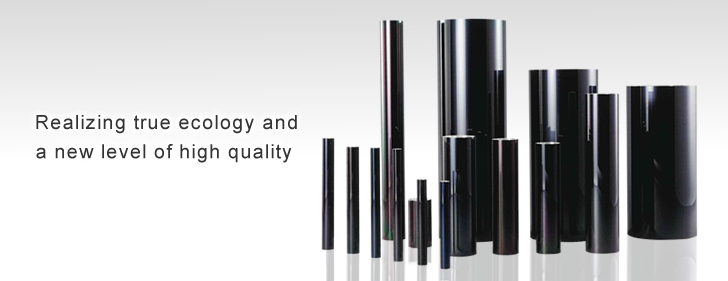
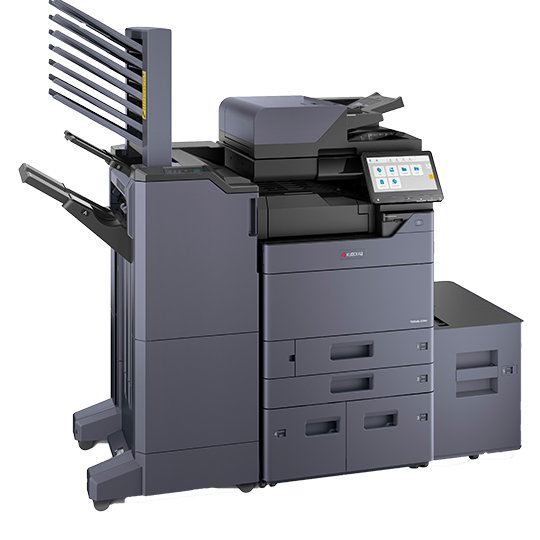
Innovation that reduces your carbon footprint and provides the services you need
- Low energy use – as low as 0.5W in sleep mode – to help you keep your energy costs down.
- Ultra-long-life image drum technology means parts are replaced less often, reducing environmental impact and helping our devices achieve a low total cost of ownership.
- A wide range of devices and device finishing options to ensure you’ll have the right machines for different areas of your business – from desktop mono printers to high-volume colour MFPs.
- A design pedigree in hardware and software that results in fast, easy-to-use, secure, feature-rich, highly recyclable devices at the cutting edge of print technology.
- Build in state of the art security features.

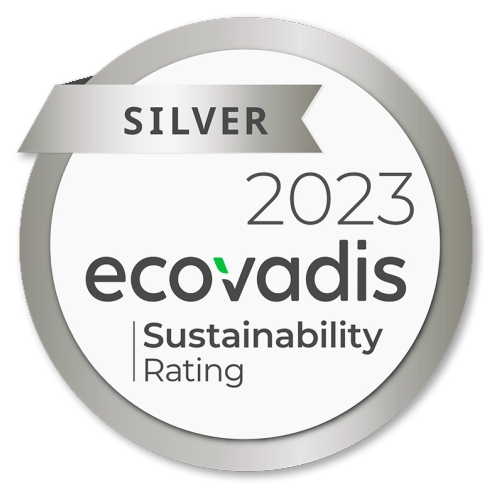
EcoVadis 2023 – Sharp placed in top 25%
Once more our dedication to sincerity has been externally awarded: EcoVadis rated Sharp in the top 25%* sustainability management systems within its industry.
Its aim is to create transparency and improve companies’ environmental and social practices by taking into account the impact that global supply chains have on the environment and society.
Climate Change
Sharp recognises the material effects of climate change on its business in terms of risks and opportunities. Sharp’s goal is to create more clean energy than the total amount of energy consumed in Sharp’s entire supply chain and achieve net-zero CO2 emissions across its business activities.
Fair and impartial procurement activities
Sharp goes beyond initiatives concerning quality, price, and delivery of parts and materials, working with its suppliers to ensure sustainable growth and mutual prosperity.
We actively seek to fulfil our social responsibilities over a wide range of areas across the entire Sharp supply chain. These areas include product safety, environmental protection, human rights and labour, and health and safety.
Environmental management
From early product design to manufacturing, right through to end-of-life disposal, every area in which we directly or indirectly affect the environment is under constant scrutiny.
All of our factories and most of our offices meet the ISO 14001 standard: a framework that sets out the requirements for environmental management systems. We are working to bring our facilities in line with company environmental policy, and we actively encourage environmental management and green awareness initiatives throughout our entire organisation.
Our engineers are continually developing innovative ecological technology to make the world cleaner and greener, and we place a firm focus on manufacturing high-quality, environmentally advanced products.

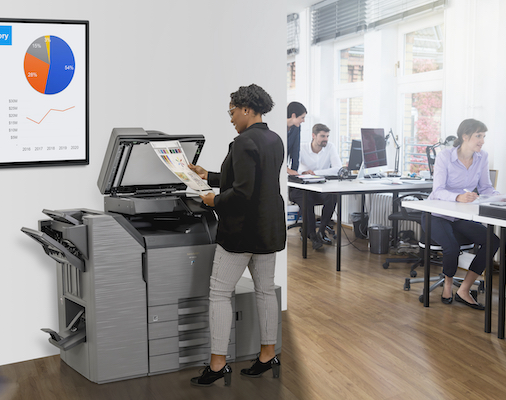
Sharp and the Circular Economy
Sharp is working towards creating a sustainable global environment by pursuing long-term goals set in three fields of action by 2050:
Climate change – Considering the 1.5°C target stipulated in the Paris Agreement, Sharp seeks to broaden and disseminate clean energy-related products and services and reduce greenhouse gas emissions from its corporate activities, products and services.
Resource recycling – Sharp is pursuing a circular economy by recycling products and reducing waste generation from its business activities, thus reducing our environmental impact.
Safety and security – Sharp strictly manages chemical substances that may affect people’s health, the natural environment, and ecosystems, restricting their use to eliminate the risk of adverse effects.
Sharp is formulating medium-term environmental goals in each field that define specific activities and quantitative targets to accelerate its efforts towards achieving its long-term environmental vision.
